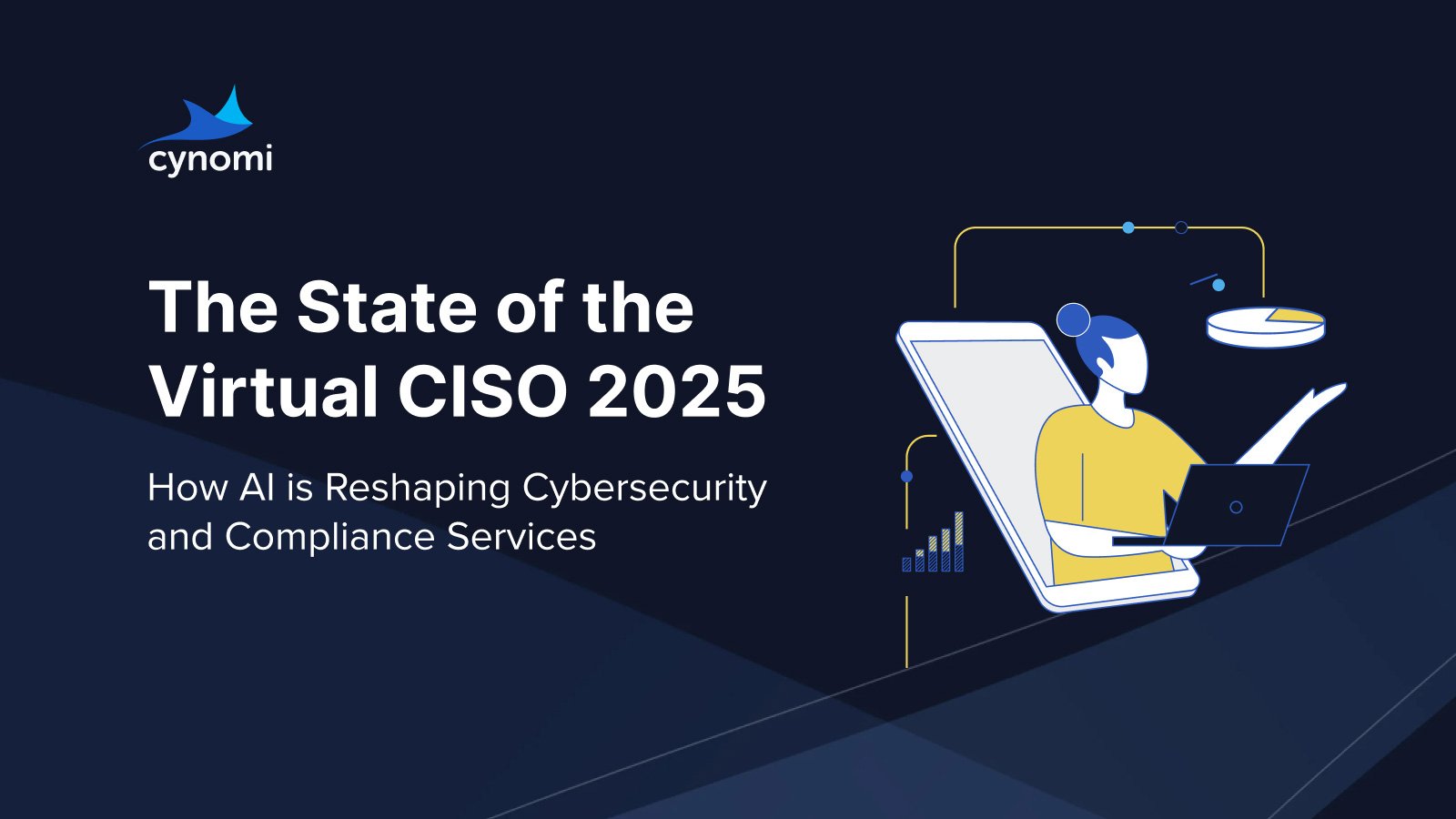The landscape of cybersecurity has evolved significantly, transitioning from a concern primarily for large enterprises to a critical imperative for businesses of every size. Small and Medium-sized Businesses (SMBs) are increasingly seeking virtual Chief Information Security Officer (vCISO) services to mitigate escalating threats and comply with tightening regulations. The integration of artificial intelligence (AI) has further enabled service providers to meet these demands efficiently and at scale.
These insights stem from the 2025 State of the vCISO Report commissioned by Cynomi, a leader in AI-driven vCISO solutions. This comprehensive report delves into the dynamic vCISO market and the advanced cybersecurity services landscape.
Now in its third year, the report underscores the rapid transformation within the SMB security services ecosystem, illustrating how what was once considered a supplementary offering has emerged as a cornerstone of cybersecurity strategy. Furthermore, it highlights AI’s transformative role in service delivery and efficiency.
The following sections outline key findings from the report, focusing on the demands of SMBs, the response from Managed Service Providers (MSPs) and Managed Security Service Providers (MSSPs), and the burgeoning potential of AI-driven vCISO services.
Figure 1: Demand for Advanced Cybersecurity Services Among SMB Clients
Surge in vCISO Adoption Among MSPs and MSSPs
The prevalence and sophistication of cyber threats, coupled with escalating regulatory demands, have propelled SMBs to embrace vCISO services at unprecedented rates. This trend is particularly noteworthy: vCISO offerings afford organizations access to high-level cybersecurity expertise without incurring the costs associated with full-time executive hiring.
Remarkably, 79% of service providers are reporting heightened demand for vCISO services among SMBs, eclipsing interest in traditional offerings such as compliance consultations and cyber insurance. The pace of adoption has been astounding; vCISO uptake among MSPs and MSSPs has surged by 319%, jumping from 21% in 2024 to 67% in 2025. Furthermore, 74% of the remaining providers indicate plans to launch vCISO services by the end of the year.
This growing appetite for advanced cybersecurity services, augmented by AI capabilities, allows vCISO providers to streamline workflows and enhance service delivery efficiency.
For MSPs and MSSPs considering the implementation of or already providing vCISO services, this report is essential reading.
Download the Report
Widespread Business Benefits of Implementing vCISO Services
As demand escalates, a substantial revenue opportunity emerges for service providers. The report highlights that MSPs and MSSPs who cater to the needs of SMBs and develop a vCISO offering can experience tangible business advantages.
These advantages encompass improved upselling of additional products and services (41%), increased profit margins (40%), and an expanded customer base (39%). Providers also report enhanced access to new prospects and an uptick in recurring revenue streams.
Importantly, vCISO services deliver genuine security value to end customers, thereby transforming providers from mere vendors into trusted, strategic partners.
Figure 2: Impact of Offering vCISO Services*Multiple responses allowed; percentages may exceed 100%.
Interestingly, these advantages are recognized even among providers who have yet to introduce vCISO services. Among those providers, key motivators for future adoption include differentiation in the marketplace, upsell opportunities, and improvements in profitability. This heightened awareness aligns with the momentum seen in MSPs and MSSPs planning to roll out vCISO offerings imminently.
Operational Barriers to vCISO Adoption
Despite the evident benefits, what impedes MSPs and MSSPs from accelerating their vCISO service offerings?
For providers yet to launch vCISO services, the primary challenges include concerns regarding profitability or return on investment (35%), substantial initial investments (33%), and a shortage of skilled cybersecurity professionals (32%).
Crucially, these barriers are operational rather than strategic; the value proposition for vCISO services is well established. Advancements in technology increasingly offer solutions to address these operational hurdles, as detailed below.
With a majority of non-adopters indicating plans to launch vCISO services by late 2025 or early 2026, it is clear that a significant market shift is underway.
AI: Transforming the vCISO Landscape
The impact of AI within the vCISO ecosystem is both anticipated and profound.
Currently, 81% of MSPs and MSSPs are leveraging AI or automation in their vCISO service delivery, with an additional 15% planning to adopt these technologies in the forthcoming year.
AI facilitates various tasks, including reporting automation, insights generation, remediation planning, compliance readiness and monitoring, risk assessments, and task prioritization. The result is a dramatic increase in efficiency, with average workloads being reduced by 68%. Notably, 42% of providers report an 81–100% decrease in manual task workloads.
This operational efficiency allows teams to support more clients without compromising service quality, illustrating the transformative power of AI in everyday operations.
Future Directions: AI-Powered Scale and Strategic Evolution
Given the accelerating adoption of AI technologies, a clear trajectory emerges: AI is becoming the benchmark for enhancing cybersecurity effectiveness. As its prevalence grows, so too will its impact on the quality, speed, and scalability of vCISO services, fundamentally altering the landscape of cybersecurity delivery.
Looking forward, AI is no longer the exclusive domain of early adopters; it is increasingly central to the strategic growth roadmap for a vast majority of service providers in the sector.
To gain deeper insights, consider downloading the full State of the vCISO 2025 Report.
Sponsored and authored by Cynomi.
